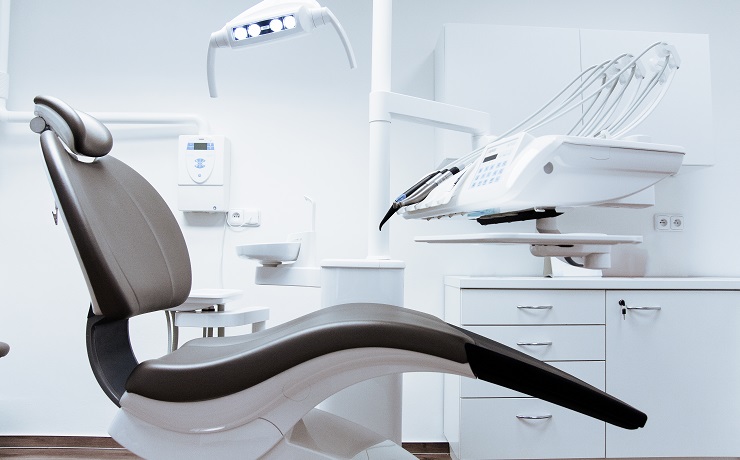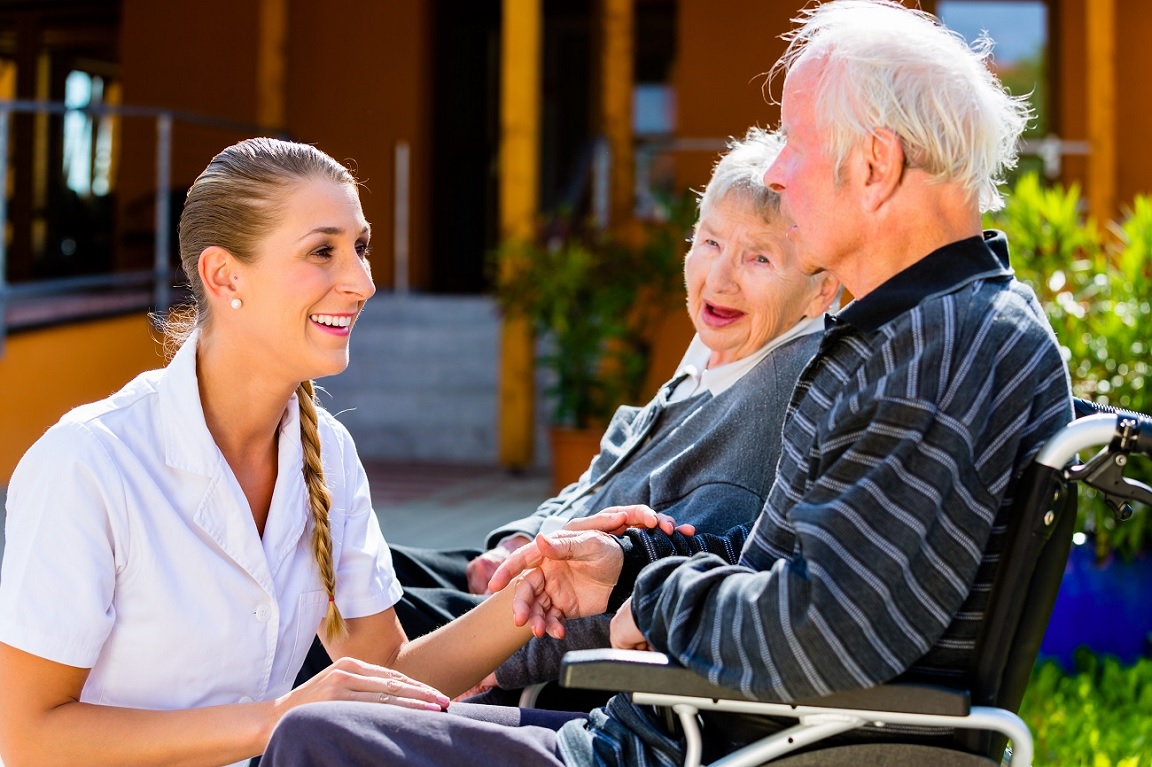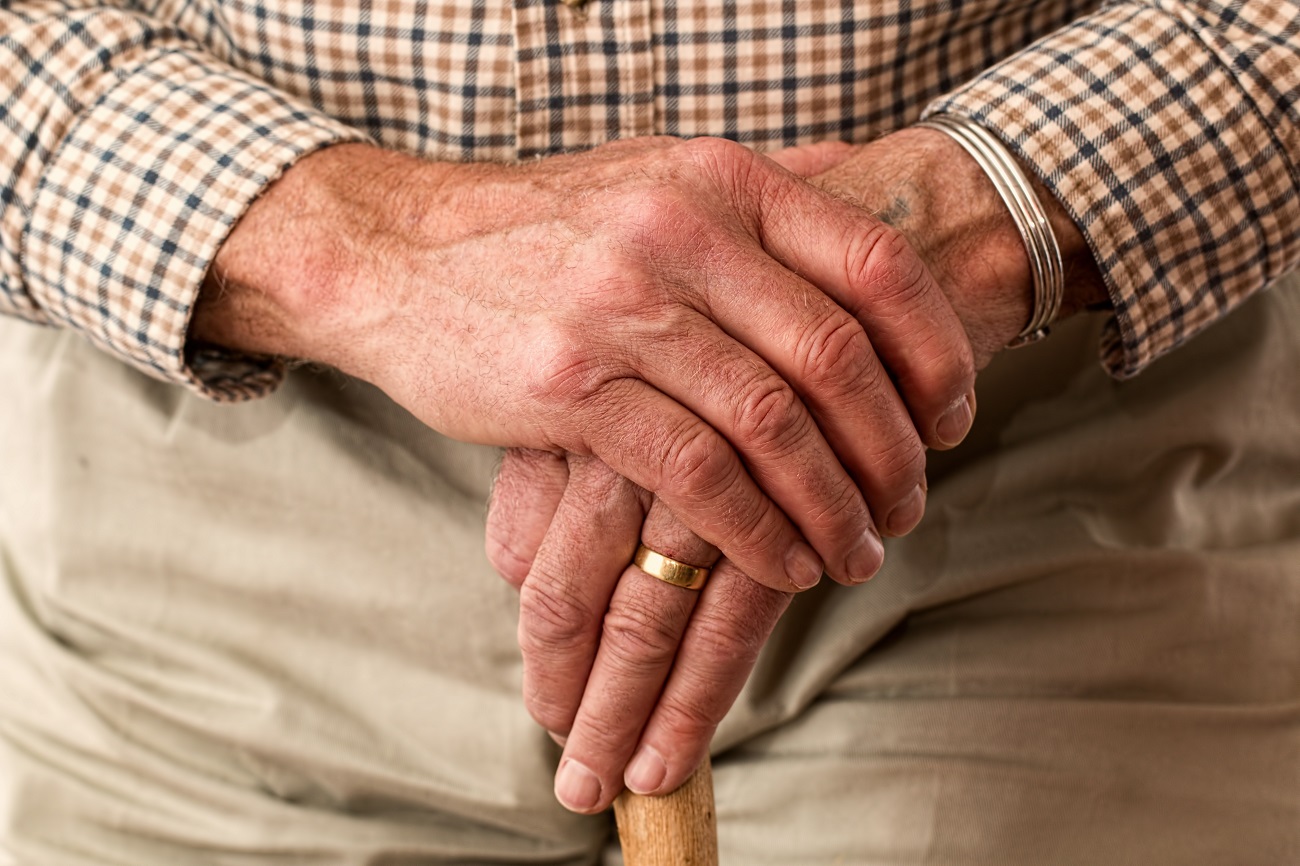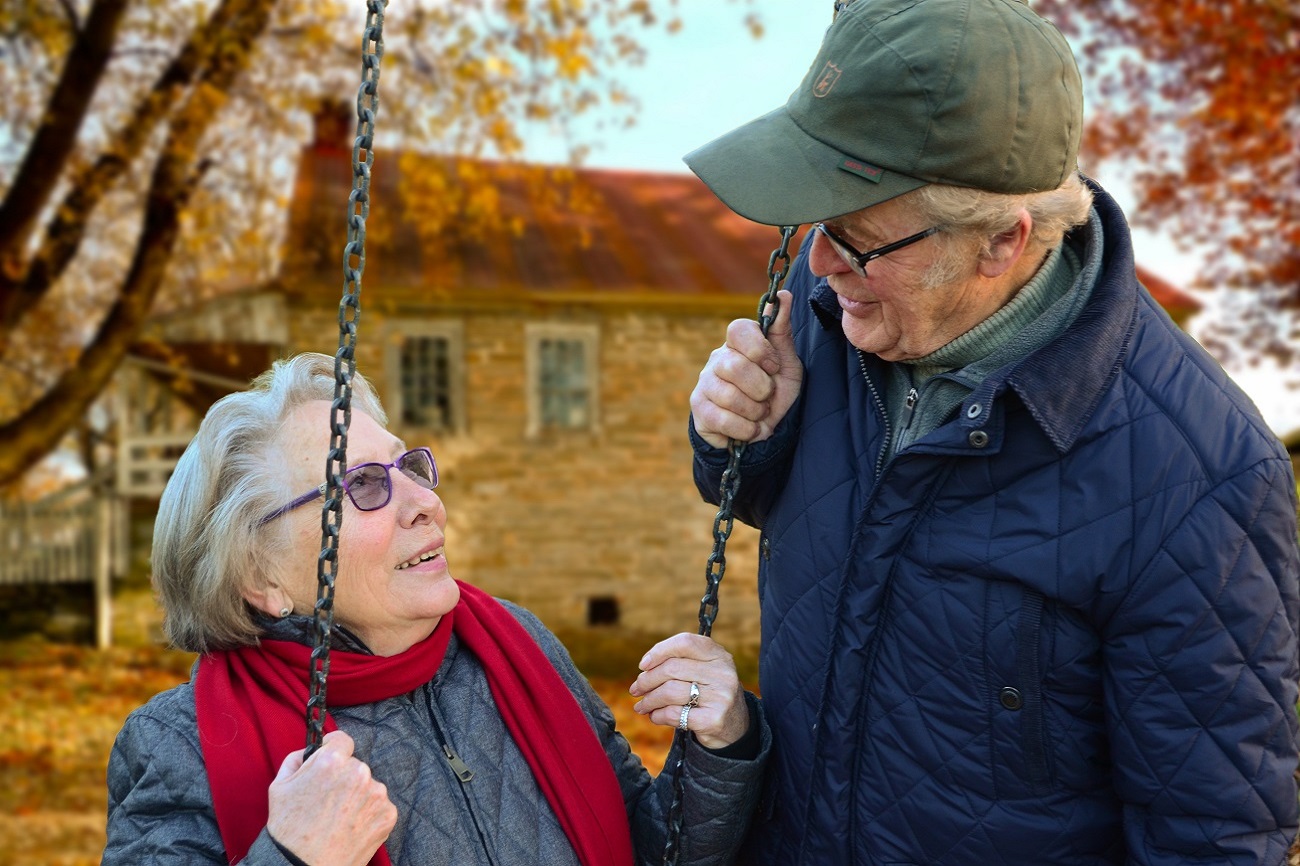-

Person - Centered
CareWe work with residents to design care & support around their needs so that they remain firmly in-charge of everything.
-

Nutritionally Checked
Fine DiningDining is designed to be a gastronomic. All our menus are nutritionally checked and our food is freshly prepared.
-
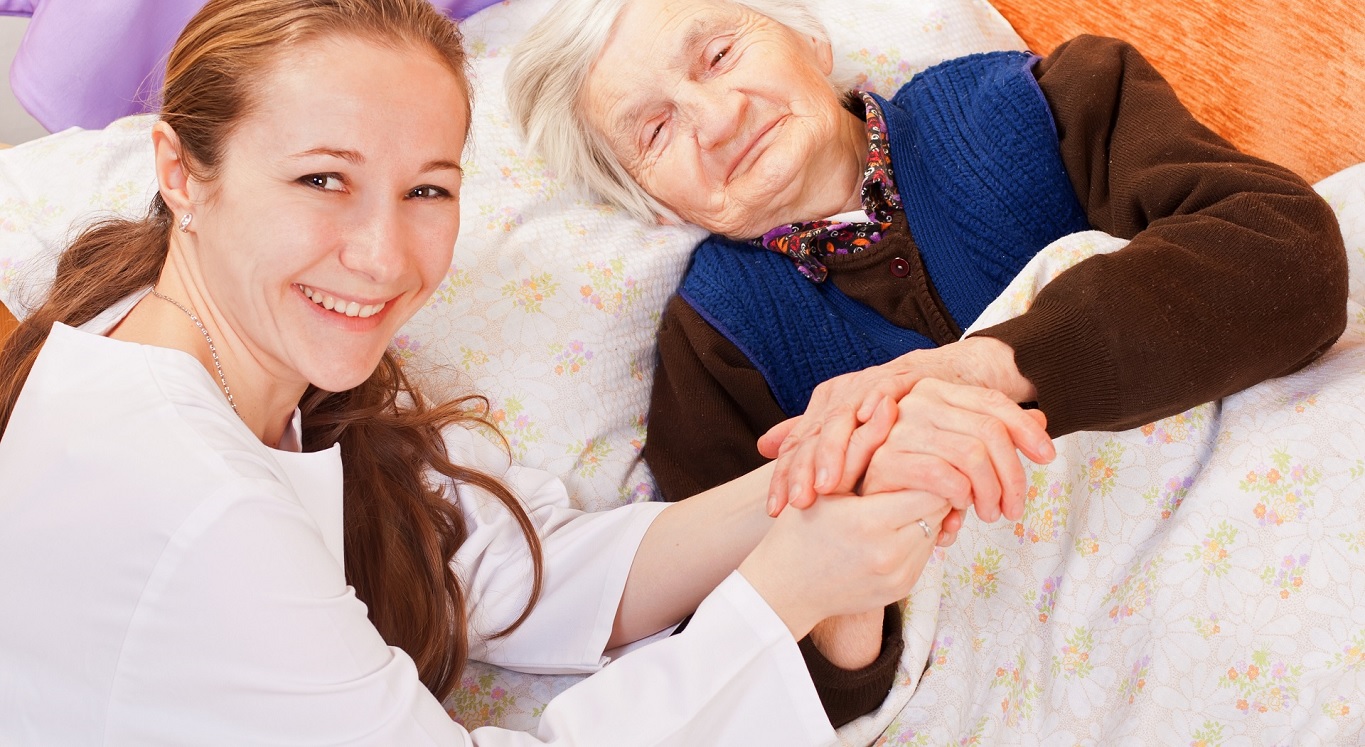
Pleasant Homely
EnvironmentWe continually review our property not only to ensure high standards of maintenance but also to provide a pleasant, homely and stimulating environment.
- Exeter Road, Honiton, Devon, EX14 1AL
- Mon - Fri 9.00 - 17.00
- 01404 45204
Welcome to Honiton Manor Nursing Home
Honiton Manor Nursing Home has been committed to providing high quality Care. We specialise in caring for and supporting older people in Honiton, Devon. We understand how difficult it is when someone can no longer live in their own home. We strive to enable people to keep their own routines, lifestyles and interests. Making sure our residents enjoy their life in a way that they prefer.
At Honiton Manor Nursing Home we treat people with dignity and respect. We ensure that people have as much control over their own lives as possible. Our work is shaped by the people we support, rather than the other way around. We support and encourage, but never impose. In particular, we work hard to safeguard people from abuse. We believe it's extremely important to promote independence and understand that all of our residents should be treated as individuals so each member has a plan of care designed around their requirements and preferences, granting them choice in aspects of their daily routine. We also welcome regular visits from family and friends.
You are welcome to drop in to Honiton Manor Nursing Home when you wish or make an appointment to see our home manager personally. By contacting the Home Manager, you will receive professional guidance and advice on a wide range of care issues and how the services we offer will meet your requirements. For further assistance and enquiries about our services please call us on 01404 45204 or email info@honitonmanor.co.uk
Need an advice?
Call us on 01404 45204 or submit your message using our enquiry form:

Types of Care Explained
It's important that you understand the type of care you need before you make the step of choosing a care home that is right for you. If at any stage you have questions about care and the options open to you, whether at Honiton Manor Nursing Home or anywhere else, call us on 01404 45204, and our dedicated staff will be happy to help.
Residential Care
The term residential care refers to the delivery of personal care within a residential setting. It is for those who can no longer manage living on their own even with assistance from home care agencies or relatives. Residents can expect 24 hour assistance with washing & bathing; dressing, getting in and out of bed, eating meals, using the bathroom, taking medication, making drinks and snacks, and more.
The above are just a few types of the help that Honiton Manor Nursing Home provides. Residents can expect to live in a comfortable environment where they can feel at home, have their meals freshly prepared and laundry and cleaning taken care of. Above all, carers are there not just to deliver personal care, but to support our residents' social and emotional needs, so their lives are enhanced instead of feeling lonely or isolated.
Nursing Care
Nursing care is the same in its approach as residential care, with the additional benefit of round-the-clock assistance from a qualified nurse. Those who have spent long periods in hospital are usually assessed as needing nursing care. Each resident who requires our Nursing Care Service benefits from the same in-home facilities available to the Residential residents. The fees charged in nursing homes are usually higher than those in residential homes; however the NHS makes a nominal contribution towards these fees for the nursing aspect of the care provided.
Respite Care
Respite care is available for individuals who need short term care for between one to four weeks to enable a full time carer to have a rest or holiday, or in the event that the carer themselves becomes ill temporarily. Some care homes have rooms specifically reserved for respite care; other homes only offer this service if there is a vacant room available. Respite care can be provided as a one off stay or for more frequent stays.
Sometimes on discharge from hospital, many people require additional care to start the recovery process. Some individuals or families require the services of a care home and would like to try for a short period to ensure the resident is comfortable before making a longer-term commitment.
Dementia Care
The term "dementia" is used to describe the symptoms that occur when the brain is affected by specific diseases and conditions. Symptoms include loss of memory, confusion, problems with speech and understanding and differ from person to person.




